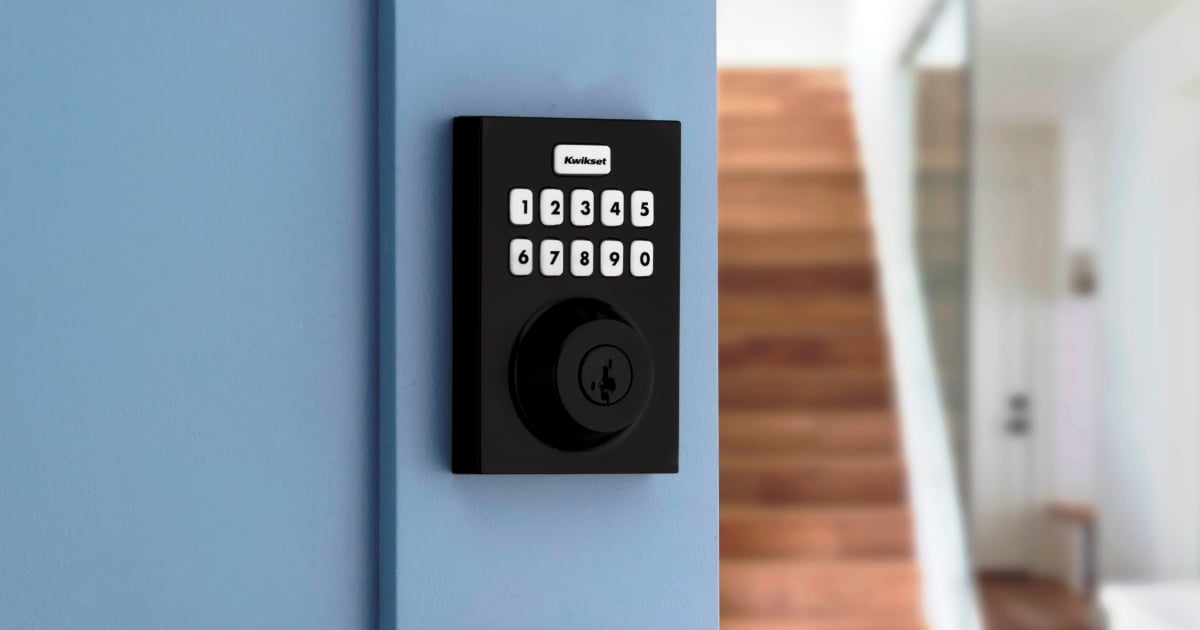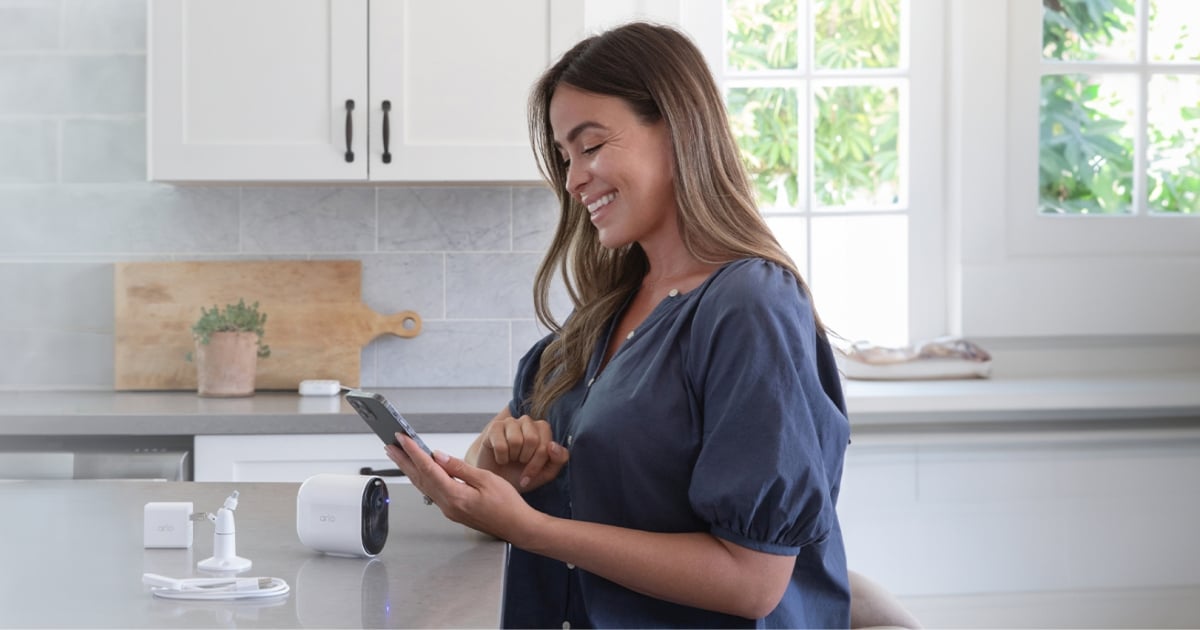Smart locks, from the name alone, are asking to be compared to smartphones. In many ways they are similar. They are more technical, more futuristic and flashier than their low-tech predecessors. But crucially, they’re not necessarily better.
 When smartphones replaced older mobiles, everything changed. We could use them to browse the internet, find directions, download music, and send emojis. These devices were truly smarter in every way. Smart locks, though increasing in popularity, still have a long way to go before they become security must-haves. This is due in no small part to a number of flaws smart locks often present.
When smartphones replaced older mobiles, everything changed. We could use them to browse the internet, find directions, download music, and send emojis. These devices were truly smarter in every way. Smart locks, though increasing in popularity, still have a long way to go before they become security must-haves. This is due in no small part to a number of flaws smart locks often present.
Smart locks can leave you locked out
There’s nothing worse than being locked out of your own home. But thanks to the all too simple prospect of losing your keys, it’s unfortunately common. One of the central selling points of smart locks is their convenience. Many eschew keys altogether, instead using WiFi or Bluetooth connectivity to unlock.
Thanks to this functionality, homeowners can open their front doors using ID codes stored in apps on their phones. They can even create ‘virtual keys’ for guests, valid on a temporary basis (which explains smart locks’ popularity with Airbnb hosts).
The problem with this system? It can break down. And when it does, it’s not clear who to call for help.
Smart lock user Stewart Wolpin writes in Gear Brain of his experience with a Kwikset Kevo Bluetooth Smart Lock. In short, it locked his wife out. This was due to a combination of software upgrades and intermittent WiFi connectivity. The author doesn’t suggest his experience is universal, but as he says himself:
“One thing you need never be worried about, to have even the thinnest sliver of doubt buried in some deep recess of your unconsciousness, is the possibility that you won't be able to get into your own home.”
Knowing that a smart lock could lock you out is more than enough to sow those seeds of doubt. Even if you have the strongest, most consistent WiFi connection in the world, there’s the possibility of your smart lock malfunctioning due to the manufacturer. In August this year, hundreds of people found themselves locked out when an update from LockSafe accidentally bricked its own devices.
The worst part about this possibility is it’s unclear who to contact if your smart lock does lock you out.
Smart locks need smart locksmiths
“You may not need one this instant, but finding a locksmith you trust can take time,” says Banham’s guide to home lockouts. Indeed, finding a good locksmith is an essential part of regaining entry to your property. But when it comes to smart locks, it’s a different story.
While a locksmith will be able to help you get back into your property, it’s unlikely they will be able to fix your smart lock. If it’s a matter of WiFi connection, it’s more than likely that you’ll find yourself locked out again in the near future. If it’s a manufacturer update, again there’s nothing a locksmith can do to prevent future lockouts.
As Wolpin and his wife found out the hard way, it was better to have the locksmith install a replacement ‘dumb’ lock for peace of mind.
With issues like this, it will be hard for smart locks to catch on in the way smartphones have. For the product to meet peak success, it needs a flagship device. A smart lock that makes the idea of getting a smart lock irresistible. One that is slick, simple, and functional. In other words, there needs to be an iPhone of the smart lock world.
Smart locks need an ‘iPhone’
The iPhone made smartphones essential. Every smartphone since has followed its template. There needs to be a smart lock that does what Apple did for the smartphone. It has to be hugely desirable, and have clear advantages over the non-smart alternative.
This will be difficult in the world of security, which is usually less about consumer desire and more about practical safety. Lock companies need to create a trusting bond between brand and customer, especially as the entire contents of a user’s house are at stake. With traditional locks, that bond is there. With smart locks, it isn’t quite. A ‘killer app’ for the smart lock market could change all of that. And with industry giants like Amazon joining the smart lock fray, we might see one sometime soon.
Edited by
Ken Briodagh





